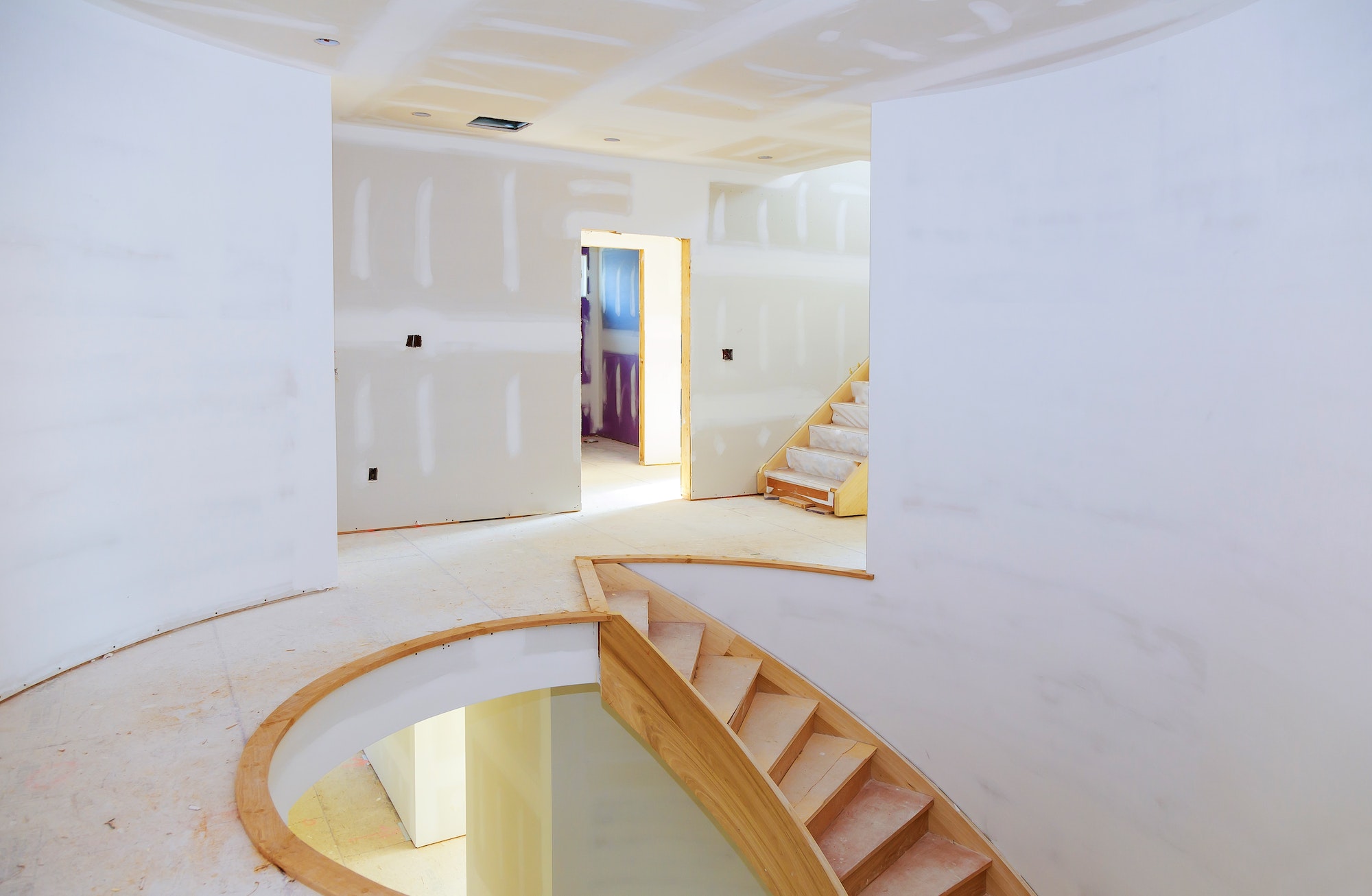When choosing the right type of access panels for your commercial and industrial buildings, you might need help to choose one that meets all your needs and requirements. The gypsum drywall access panel is one of the most versatile and beneficial types. Learning more about this type and material will help you understand why your commercial space needs this access panel.
What is Gypsum?
Gypsum is a common mineral found in layers of sedimentary deposits. It can be associated with halite, anhydrite, calcite, sulfur, and dolomite. Although gypsum is more like anhydrite than any other mineral, the main difference is that gypsum contains two types of water while anhydrite is without. Gypsum is also the most common type of sulfate mineral.
What is a Gypsum Access Panel
A gypsum access panel is one of the most lightweight yet robust types of access panel available. It comes with a combination of minerals with high-strength glass. There are many types of access panels in the market, but gypsum is the most versatile type of access panel and is also one of the easiest ones to install.
Because of its lightweight, it becomes an excellent choice for service panels, especially on thin walls. It becomes one of the most versatile, beneficial, and environmentally friendly types of access panels that you can choose to install in your commercial or industrial buildings.
What Are the Benefits of Choosing This Material
While all types of access doors have the same purpose: to provide access to building components, their material and make will give you additional benefits. This goes the same with gypsum, but the only difference is that gypsum access panels provide you with additional benefits that not every other access door would be able to. Here are some of them:
1. Environmentally Friendly
Gypsum is made of minerals, ensuring less environmental harm in their creation and use. Because of their material, you are not only choosing a sustainable and durable access door, but gypsum also ensures that there would be no molding or growing bacteria on your access panels. It adds security and protection to your building components.
2. Lightweight
Because of its material, you can trust that this access panel is very lightweight, especially if you compare it to stainless steel or aluminum. The lightness of this access panel ensures its easy and safe handling, especially during installation or if you plan to move it from one place to another.
3. Aesthetically Pleasing
Another reason for you to choose gypsum and not regret it is that it is one of the most aesthetically pleasing types of access door because of its make and design. If you install it on drywall, it will seamlessly blend into the wall, especially since gypsum resembles sheetrock more than any other material. The whole access panel will also be paintable to ensure you can match it with its surrounding surface.
4. Easy To Install
Gypsum access panels are also easy to install. Gypsum access panels are a good choice if you need an access panel that meets all your access and protection needs. Not only will you enjoy the benefits of an access panel, but you also can spend less time installing it in your commercial or industrial spaces.
5. Available in Many Sizes
One thing about gypsum is that it is a very adaptable and versatile mineral. You can get gypsum access panels in different or customized sizes to better fit your needs without spending too much or damaging the environment. It is one of the safest and easiest minerals to use, so having it as an access panel will give you the same benefits.
Discover more from Futurist Architecture
Subscribe to get the latest posts sent to your email.




